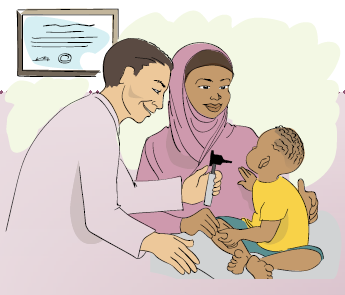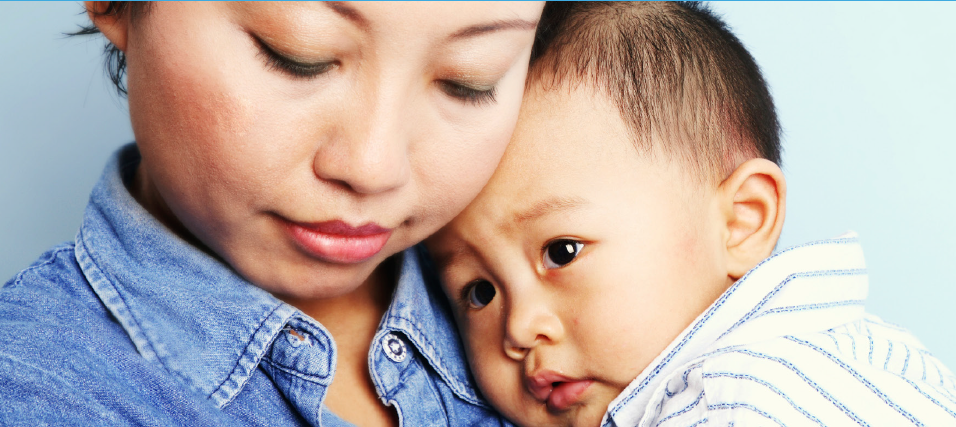The Educator’s and Family’s Guide to Mental Health and Self-Care
Welcome to the Educator’s and Family’s Guide to Mental Health and Self-Care: Your One-Stop Shop to Resilience, Adversity, Coping, and Stress Management Resources and Activities!
You are not alone! The Educator’s and Family’s Guide to Mental Health and Self-Care, available for download, walks you through everything you’ll need to know to support positive mental health conversations.
These conversations can be overwhelming and challenging. Just remember: to take time to breathe. Learn how to build resilience, overcome adversity, reduce stress, and practice self-care. Also, discover a variety of downloadable resources and activities to share with parents and families.
“Almost a year into the pandemic, what began as a public health emergency is turning into a mental health crisis among our nation’s children and adolescents as they struggle with social isolation, grief, and the switch to remote learning,” said Lee Savio Beers, MD, FAAP, the president of the American Academy of Pediatrics.
Loss, grief, frustration, disappointment, and social Isolation: it has been a stressful year for everyone, especially our children! According to the CDC, pediatric emergency room visits for mental health have increased 24% for children ages 5 to 11 during COVID-19.
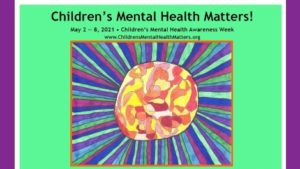 Children’s Mental Health Day and Week
Children’s Mental Health Day and Week
Each year, National Children’s Mental Health Awareness Day (May 7) seeks to raise awareness about the importance of children’s mental health and show that positive mental health is essential to a child’s healthy development. In Maryland, the Children’s Mental Health Matters! Campaign Week (May 2-8) offers both families and educators the opportunity to help ensure all children have what they need to succeed in their program, school, at home, in the community, and their future adult lives.
For preschoolers, experts recommend that children have opportunities to express their feelings — both positive and negative. If you need additional support, check out our Resilience Collection or contact your local Infant and Early Childhood Mental Health Consultant.
Terminology
- What is Children’s Mental Health? Being mentally healthy during childhood means reaching developmental and emotional milestones and learning how to cope when there are problems.
- Why is Children’s Mental Health Important? Mental health — an essential part of children’s overall health — has a complex interactive relationship with their physical health and their ability to succeed in school, at work and in society.
- What is Social and Emotional Development? Social and emotional development is the overall process of how children start to understand who they are.
- What is The Infant and Early Childhood Mental Health Consultation Project (IECMH)? The IECMH improves the ability of programs and families to prevent, identify, treat, and reduce the impact of social, emotional and other mental health problems among children birth through 5 years old.
- What are Coping Skills? Coping skills are the techniques used to address difficult emotions and feelings, decrease stress, and establish or maintain a sense of internal order.
Positive Mental Health Conversations, Stress Management Tips and Coping Skills
Maryland Families Engage Presents: Little People, Big Feelings
Whether they are afraid, frustrated, sad, or just plain angry, little ones experience “BIG” feelings too. In this video, filmed before the spread of COVID-19, learn how to identify children who may have social, emotional, or behavioral concerns.
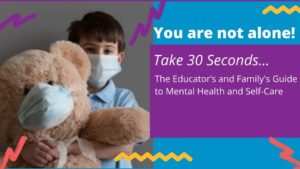 You are not alone! Take 30 Seconds to Evoke The Relaxation Response. Reduce Stress. Just Breathe! Practice these self-care tips and coping skills, strategies, and activities for at least 20 minutes a day. Practicing even a few minutes daily can provide a sense of inner calm. Watch the video here.
You are not alone! Take 30 Seconds to Evoke The Relaxation Response. Reduce Stress. Just Breathe! Practice these self-care tips and coping skills, strategies, and activities for at least 20 minutes a day. Practicing even a few minutes daily can provide a sense of inner calm. Watch the video here.
Stress Management Tips for Children
MFE Presents: The Resilience Collection!
Take a moment to review the MFE Resilience Collection where, you will find coping skill activities and other helpful resources to support positive mental health conversations. Teachers/Providers: Share with parents and families. Visit this collection often as we add new resources every month. Below are just a few examples of the resources available to download and share:
- Identifying and Recognizing Emotions (activity sheet)
- Teaching Your Child to Identify and Express Emotions (tip sheet)
- A Trauma-Sensitive Toolkit for Caregivers of Children
- Coping Skills (activity cards)
- Today I Feel (activity)
- Building Resilience in Children and Teens (available in English and Spanish)
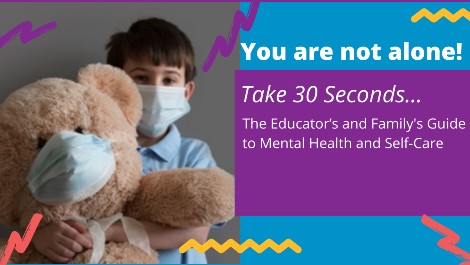
Please complete the form below to download The Educator’s and Family's Guide to Mental Health and Self-Care
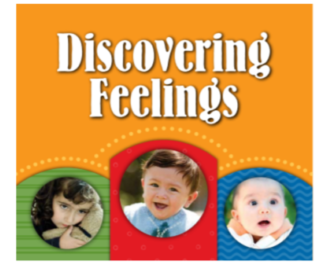
Download Discovering Feelings Booklet


